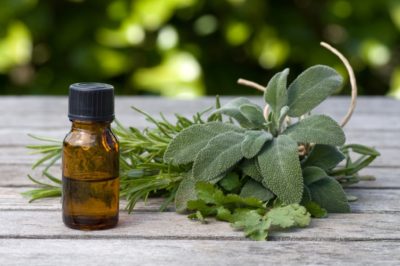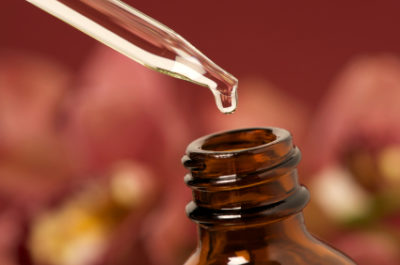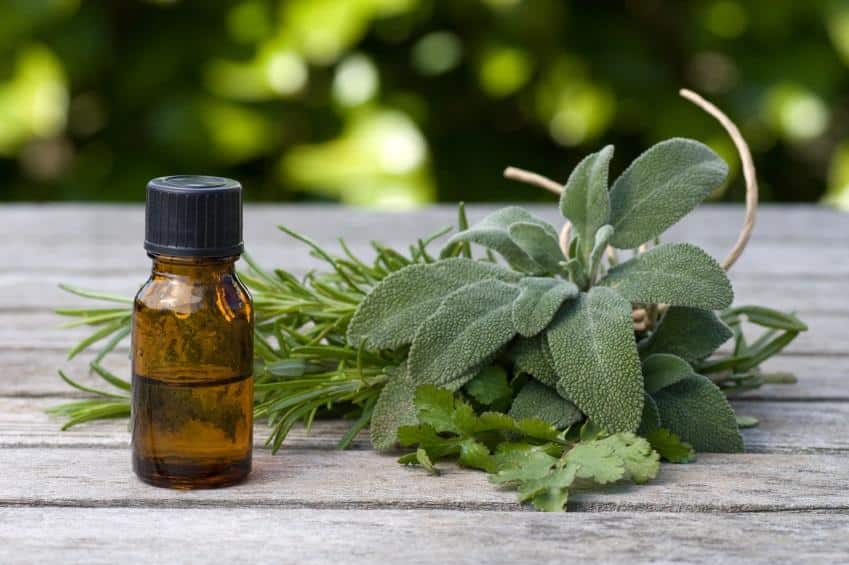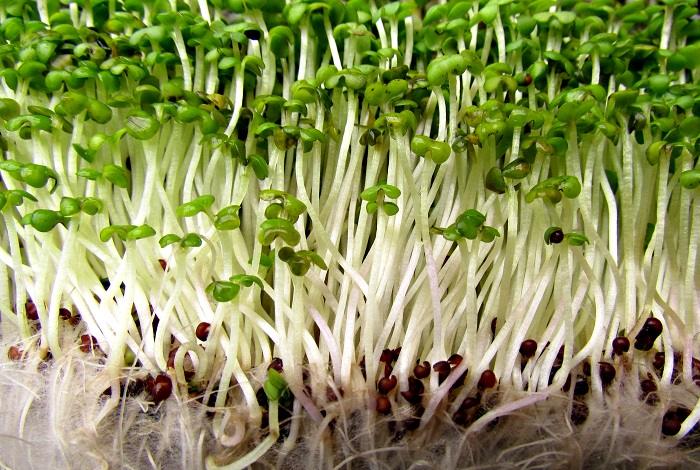 Essential oils are not simply for pleasant fragrances. Essential oils used in aromatherapy are excellent ingredients to make into personal and home cleansers, healing remedies, and more.
Essential oils are not simply for pleasant fragrances. Essential oils used in aromatherapy are excellent ingredients to make into personal and home cleansers, healing remedies, and more.
Let’s take a quick overview of aromatherapy:
What is aromatherapy?
Aromatherapy is the practice of using essential oils of plants for healing purposes. Essential oils heal the body and uplift the mind.
How are essential oils made?
Plant oils are extracted by several methods. Historically, they were distilled or extracted by crushing the desired plant parts and covering them in animal fat. Today, most oils are obtained by distillation or carbon dioxide extraction.
Depending upon the plant, it may take a few ounces or many pounds of plant material to make one ounce of essential oil. For example, in order to make one ounce of rose oil, over 300 pounds of rose petals are needed.
Getting started
Use only pure, preferably organic, essential oils. The oils are very concentrated, so if the plants have been contaminated with pesticides or other chemicals, the oil will be tainted, as well. Oil quality varies greatly. Avoid purchasing oils that are all priced similarly, as they are likely to be impure.
How are essential oils used?
Essential oils are usually inhaled or applied topically. They are rarely used internally. Only people with advanced training in aromatherapy should use oils internally.
New “Survival Herb Bank” Gives You Access to God’s Amazing Medicine Chest
External use is very effective, as the oils are readily absorbed via the skin and through inhalation. Always store essential oils out of reach of children because they can be fatal if ingested. Most oils are used in diluted forms.
Essential oil carriers
Essential oils may be added to baths or added to carriers. Most carriers are oils. Aromatherapists refer to the carrier oils as “base oils.” Many carrier oils are available and are selected for their own positive attributes. Olive, sweet almond, and grape seed oils are all excellent base oils. Other carriers include cosmetic clay, glycerin and butters — such as cocoa butter.
Diluting essential oils
The following guidelines are useful for diluting most essential oils. However, some oils require different dilution concentrations in order to be used safely and effectively.
 For most purposes, 20 drops of essential oil are added to one ounce of a carrier. This concentration is useful for making cosmetic and massage oils, as well as shampoos and conditioners.
For most purposes, 20 drops of essential oil are added to one ounce of a carrier. This concentration is useful for making cosmetic and massage oils, as well as shampoos and conditioners.
If you are blending oils for a specific purpose, such as to reduce anxiety, double the concentration to 40 drops of essential oil per ounce of carrier oil.
Essential oils are excellent for relieving skin and joint problems. To make a localized blend, such as a massage oil for a strained muscle, combine 80 drops of an essential oil with an ounce of the carrier.
A few oils, such as tea tree and lavender oils, may be used undiluted. This practice is referred to as using the oils “neat.”
Essential oils for the home
Lavender is considered to be the most versatile essential oil by most aromatherapists. Like other essential oils, lavender oil inhibits bacterial growth, making it an excellent choice for fighting infections.
I have successfully applied lavender essential oil to small burns. Pain relief was obtained almost instantaneously.
Simply inhaling the scent of an open bottle of lavender can reduce anxiety and uplift the mood.
Add a few drops of lavender essential oil to baby’s bath if she is restless.
A drop or two of lavender oil applied to a cool compress promptly relieves headaches.
Tea tree oil is an excellent remedy for preventing and treating athlete’s foot. You also can add a few drops to mouthwash to enhance oral health.
Citrus oils are uplifting and inexpensive. Sweet orange and tangerine oils are exceptional for children. I like to add citrus essential oils to home cleansers and air fresheners. Topically applied, lemon oil helps to reduce swelling and puffiness related to PMS.
Diluted peppermint oil makes a terrific mouthwash. Peppermint is a very strong oil, so dilute it well. Use it to relieve itching and as a compress to decrease the pain of migraine headaches. Add a drop or two to a tepid bath for an effective fever-reducing agent.
Melissa, also known as lemon balm, may be diluted and applied to cold sores for instantaneous relief of itching and pain. Redness decreases and healing is hastened. Melissa contains compounds which destroy herpes and other viruses.
Oregano oil has been studied extensively for its abilities to fight infections. Dilute the oil and apply it topically to prevent infections from occurring in minor wounds.
Make a steam by pouring hot water in a pan and adding a few drops of oregano oil. Sit facing the bowl, with a towel covering your head. Nasal and sinus congestion will be reduced quickly.
Learn as much as you can about the essential oils that you wish to purchase. All essential oils have multiple uses.
Any substance may precipitate an allergic reaction in some individuals, and that includes essential oils. If using topically, dilute a drop of oil well to be sure that you are not allergic to it.
Essential oils have been used by people for centuries. Once you get started, you’ll discover why.
What are your favorite essential oils, and why? Share your tips in the section below:











